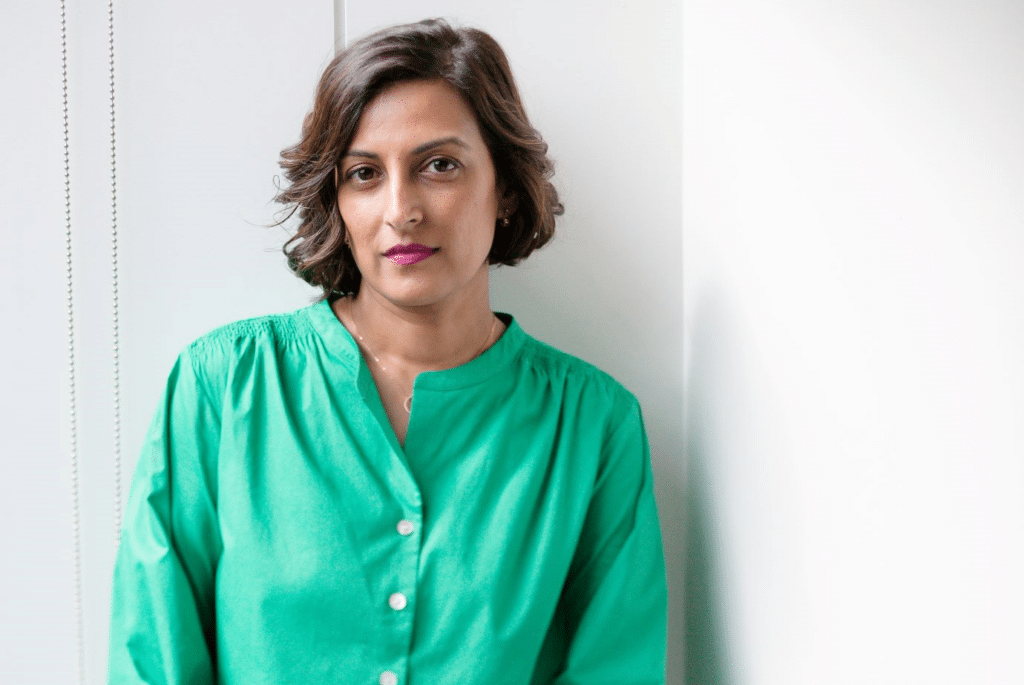It has been about a week since I posted on Linkedin about why I declined, or was rejected, to speak at 6 International Women’s Day speaking engagements this year.
The post reached over 100,000 impressions, almost 140 comments and over 40 reposts. If you missed it, the 6 requests and why it did not go ahead are detailed at the end of this piece.
I had overwhelming support from women, especially women who represent intersecting identities and a few men – however I also received many private messages mainly from Anglo-Saxon women and men who shared that it was inappropriate to post this personal experience; that it is divisive; that it is shaming and blaming of the organisations who are trying to do their best.
I also received messages from two of the organisations; who asked to confirm if I was referring to them and if so, to pull the post down. I respectfully declined.
The reason I posted these reflections is that I did have really good, influential speaking engagements and some upcoming this month of March and the reason they were perfect opportunities was precisely because they were opposite to the 6 declined or rejected opportunities: all paid; no muting or hiding of my identity nor the topic of gender intersectionality; no restricting on the tone or style, but a respectful exchange on the audience and trusting my professionalism; a welcome of the challenge and my call for action; all the confidence to put me front and centre as a keynote.
I wanted all women and organisations to see the other side, the lead up to International Women’s Day in the hope that it caused people to question the purpose, the outcome, the impact and the valuing of different women’s voices when putting on an event that is supposed to be for all women and to progress for equality, inclusion and safety.
While they are seemingly, somewhat reasonable requests in conversations, the negative impact to me personally and professionally is real:
- Commercially, as a woman of colour owned and led business owner – speaking is a pre-sales activity and lead generator that converts to sales. I don’t push this, but if our thinking, research and services resonate, people come to us. I know these 6 organisations, especially after my post, is lost revenue.
- Personally, the disrespect, making me feel smaller, lesser than, token, not enough messes with my mindset, sense of self and confidence. I had to refocus myself to move forward.
- Professionally, because I am an advocate, I see it as my duty to educate even in the face of looming rejection and loss of business about gender equity from an intersectional perspective. So in that moment where I am belittled and cross questioned, I have to find the courage to rise above it and focus on what these organisations need to know to show respect and a duty of care to women who might not have a voice in the organisation, who are often not counted in their data sets; who are not on their executive teams or boards.
I am still asking with the theme of #CountHerIn and #InvestinHer, who are we counting in and who are we leaving behind?
If your keynotes and panel speakers carry one type of narrative year after year; if you treat all women as a homogenous group; then your progress for gender equality will plateau.
And, if you think women with intersecting diversities are a minority in your workforce you will suffer an impact to your bottom line and innovation in products and services as they are a majority in the community and in your customer bases. #CountUsIn.
The 6 speaking requests and why it did not go ahead:
1. Speaking pro bono to increase my profile but a caution not to speak too much about our business MindTribes Pty Ltd as the audience will think it was crass and self-promoting. [I declined this ‘opportunity’].
2. Speak more broadly to #genderequality without going too much into #genderintersectionality ‘piece’ as the audience was not ready for it and to specifically not refer to myself as a #womanofcolour. [I have no words, I rejected them].
3. Speak but more in a positive, uplifting tone so as not to overwhelm the audience and leaders. They had an experience before where leaders were not comfortable with the style and tone. They requested a clip of me speaking and wanted the keynote to be scripted and sent through for ‘approval’. I declined to submit anything for approval but agreed to talking points and a run sheet. [They rejected me.]
4. Speak on #genderintersectionality [an ask by the People and Culture leaders, all women] but the organisation was not ready yet to invest activity and money into #FirstNationsWomen#WomenwithaDisability, #WomenofColour, #SingleParents who are women, #WomenexperiencingDV etc. I can’t start something and not have any commitment by the organisation ongoing. [I declined].
5. Speak to #inspire with my personal story without asking the audience to #commit to #action. They heard that I did that and would rather I not. [Speaking for me is #advocacy and #influence, I can do both inspire and spark action. [They rejected me].
6. Selected as a keynote – closer to the event, asked to step down to a panel member, as they needed a higher profile woman leader who has led an ASX listed company, causing significant change for #genderequality – it was a better fit with the business audience, it was an executive decision. I was assured that I would still be paid the same and that it was a high profile event, the panel was esteemed and I would be the only #womanofcolour. [I’ll leave this one for you to ponder].
See the full post below:


